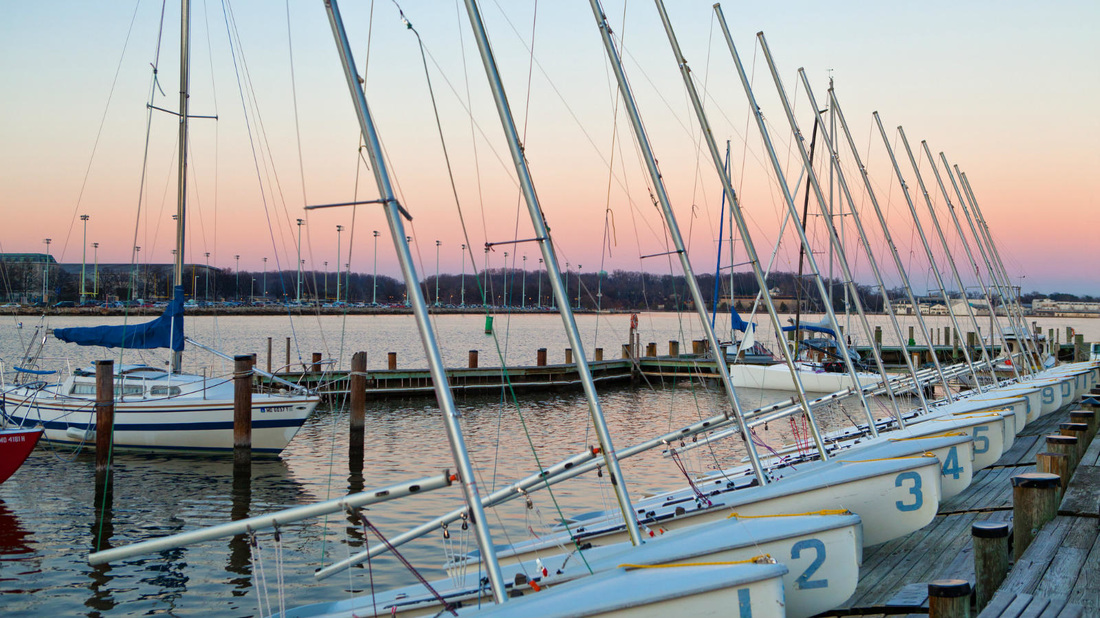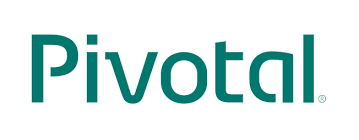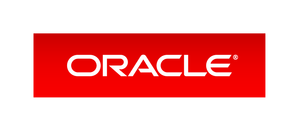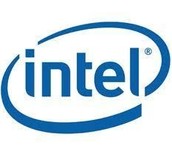Building on last year’s theme of Productive Analytics, the fifth CLSAC workshop will address the need for large-scale streaming analytics in the operation and management of complex systems. Driverless cars, robots, early-warning systems, and exascale computers, to name but a few, will require the analysis of multiple streams of data in real-time. The volume, velocity, and variety of real-time, data streams pose unique hardware and software challenges different from those faced when analyzing volumes of available data. Hardware will need to provide sufficient computing, memory, communication, and error detection capabilities to meet hard deadlines. Runtime systems will have to be self-aware rescheduling for high-priority events and recovering from faults all within strict a power limit. Scalable, resilient algorithms capable of returning actionable decisions, steering computations, and classifying events must be developed. Finally, software platforms and tools useable by subject matter experts are essential to lower the cost of entry.
The workshop’s goals are to bring together thought leaders across government, industry, and academia to discuss key challenges for streaming analytics. Important questions include:
The workshop’s goals are to bring together thought leaders across government, industry, and academia to discuss key challenges for streaming analytics. Important questions include:
- What are the scientific, government and commercial application drivers?
- What are the requirements imposed by the volume, velocity and variety of data at ingest?
- What are hardware requirements for processing at scale to meet hard deadlines?
- How can data errors be discovered and fixed?
- How can faulty hardware be detected and circumvented?
- What are the basic analytics methods and what classes of problems to they address?
- Are there a set of security best-practices to protect complex systems?
- How can platforms be made simple to use?
- How do we enable computation across the entire network enterprise (from the sensor to the data center)?
- How do we deal with non-technical and policy constraints (legal, privacy and ownership)
Organizing Committee:
John Feo (PNNL)
David Haglin (PNNL)
Flavio Villanustre (HPCC Systems)
Richard Murphy (Micron Technology)
Ron Oldfield (SNL)
Steve Pritchard (DoD)
Tyler Simon (DoD)
T.C. Tuan (DoD)
Candace Culhane (LANL)
David Haglin (PNNL)
Flavio Villanustre (HPCC Systems)
Richard Murphy (Micron Technology)
Ron Oldfield (SNL)
Steve Pritchard (DoD)
Tyler Simon (DoD)
T.C. Tuan (DoD)
Candace Culhane (LANL)
2016 Sponsors
Program
| 2016_clsac_final_agenda.pdf | |
| File Size: | 624 kb |
| File Type: | |
Tuesday, October 25
|
8:30 - 9:30
|
Keynote
|
|
9:30 – 12:30
|
Session 1: Applications 1
|
|
1:45 - 5:00 p.m.
|
Session 2: Applications 2
|
|
Data Analytics in Professional Motorsports
|
Donour Sizemore, Two Sigma
|
|
Data Analytics and Communication Aspects of Connected Vehicles
|
Kakan Dey, West Virginia University
|
|
Massive-Scale Streaming Analytics (PDF)
|
David Bader, Georgia Tech
|
|
6:00 - 7:30
|
Dinner (Capitol AB)
|
|
7:30 - 9:00 p.m.
|
Reception (Senate AB)
|
Wednesday, October 26
|
7:30 - 8:30 a.m.
|
Breakfast
|
|
8:30 - 9:30 a.m.
|
Keynote
|
|
Streaming Graph Analytics, Complexity, Scalability, and Architectures (PDF)
|
Peter Kogge, EMU
|
|
9:30 - 12:30 p.m.
|
Session 3: Enabling Capabilities
|
|
Joe Eaton, NVIDIA
|
|
Automata Processing: Massively-Parallel Acceleration for Approximate Pattern Matching and String Processing (PDF)
|
Kevin Skadron, UVa
|
|
Neurologically Inspired Architectures and Algorithms for Stream Processing (PDF)
|
John Naegle, Sandia National Laboratories
|
|
12:30 - 6:00 p.m.
|
Free Time (lunch and dinner on your own)
|
|
6:00 - 7:30 p.m.
|
Random Access (Capitol D)
|
|
7:30 - 9:00 p.m.
|
Reception (Capitol C)
|
Thursday, October 27
|
7:30 - 8:30
|
Breakfast
|
|
8:30 – 9:30 a.m.
|
Keynote
|
|
Towards a Scalable, Platform Independent, User-Friendly Analysis Framework for Scientific and Information Oriented Applications
|
James Ahrens, LANL
|
|
9:30 – 12:30 p.m.
|
Session 4: Methods
|
|
After a Million Decisions – Reviewing the Performance of a Large-Scale Active Learning System
|
Zack Bennett, LexisNexis
|
|
Streaming Benchmarks FIREHOUSE and Experiences with WATERSLIDE (PDF)
|
Karl Anderson, DoD
|
|
Stateful Streaming in Distributed Memory Supercomputers (PDF)
|
Jon Berry, Sandia National Laboratories; Alexandra Porter, ASU
|
|
1:15 – 4:30 p.m.
|
Session 5: Enabling Capabilities
|
|
Solutions Streaming Analytics Demands from a Data Scientist's Perspective
|
J.T. Halbert, Preferred Systems
|
|
BigDAWG: Managing Heterogenous Data and Streaming (PDF)
|
Vijay Gadepally, MIT
|
|
Neuromorphic Data Microscope (PDF)
|
Dave Follett, Lewis Rhodes Labs
|
|
4:30 - 5:00 p.m.
|
Closing Remarks and Adjourn
|
|
5:15 - 7:00 p.m.
|
Reception (Capitol C)
|













